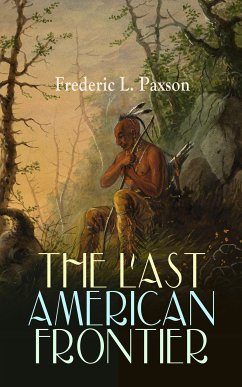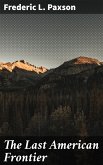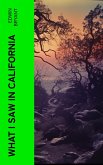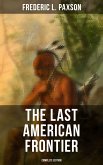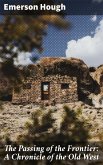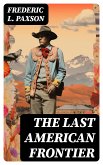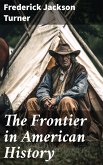The exploration, settlement, exploitation, and conflicts of the "American Old West" form a unique tapestry of events, which has been celebrated by Americans and foreigners alike-in art, music, dance, novels, magazines, short stories, poetry, theater, video games, movies, radio, television, song, and oral tradition. Many historians of the American West have written about the mythic West; the west of western literature, art and of people's shared memories. But Frederic Paxson's book takes us through the era when the American frontier was undergoing a massive transformation and when the decades old struggles of the Native Americans were finally beginning to make a dent in the old white American history... Frederic Logan Paxson was a Pulitzer Prize winning American historian and an authority on the American frontier.
Dieser Download kann aus rechtlichen Gründen nur mit Rechnungsadresse in A, B, BG, CY, CZ, D, DK, EW, E, FIN, F, GR, H, IRL, I, LT, L, LR, M, NL, PL, P, R, S, SLO, SK ausgeliefert werden.

